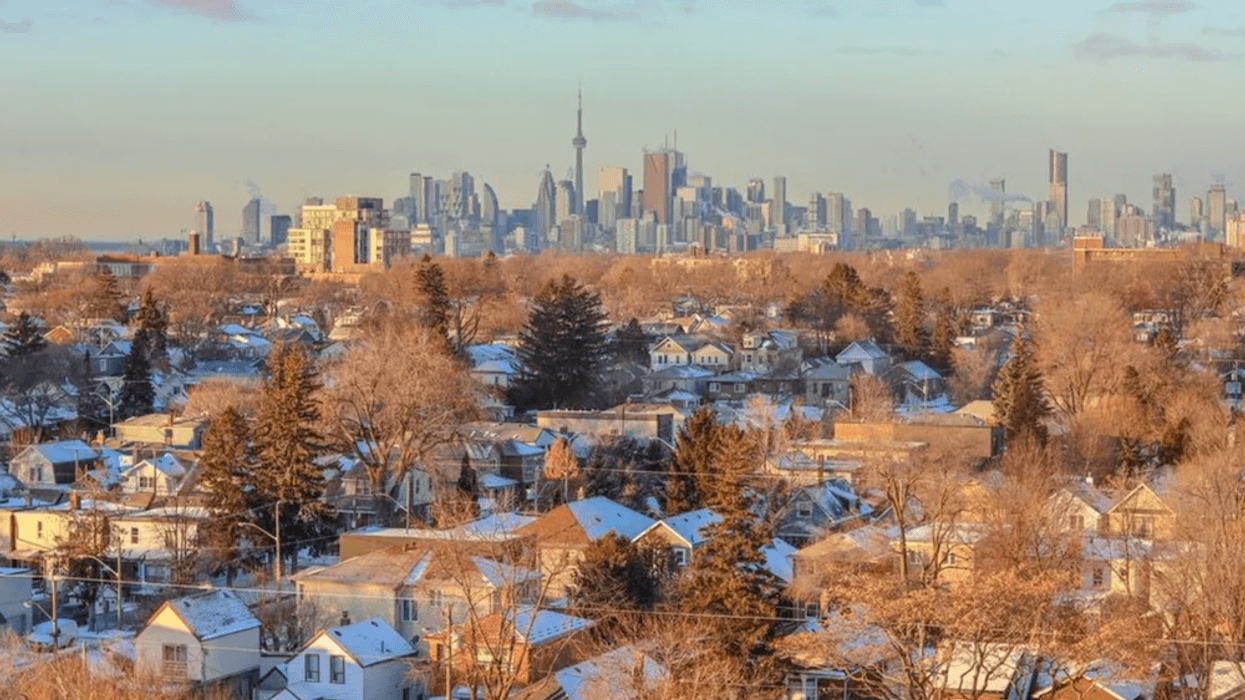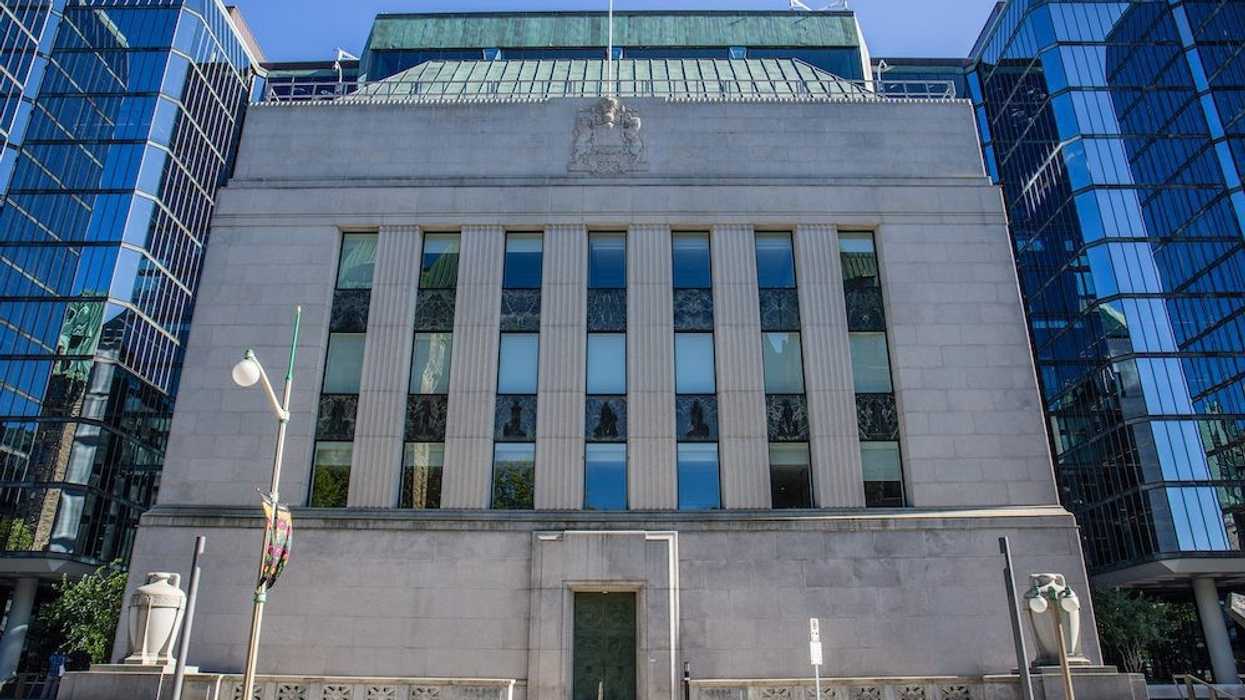Gross Lease
Learn what a gross lease is in Canadian commercial real estate — how it works, who pays what, and when it’s used.

June 27, 2025
What is Gentrification?
A gross lease is a commercial lease where the tenant pays a fixed rent, and the landlord covers most or all operating expenses such as property taxes, insurance, and maintenance.
Why Gentrification Matters in Real Estate
In Canadian commercial real estate, gross leases simplify cost predictability for tenants, while landlords manage and budget for operating costs internally.
Characteristics include:
- Single rent amount covering base rent + expenses
- Landlord bears cost variability risk
- Common in office leases or short-term rentals
Gross leases may include escalation clauses to adjust rent for rising costs.
Understanding gross leases helps tenants and landlords negotiate fair terms and budget effectively.
Example of Gentrification in Action
The startup signed a gross lease for office space, paying one monthly rent amount without separate bills for utilities or taxes.
Key Takeaways
- Tenant pays single rent amount covering expenses
- Landlord manages and pays operating costs
- Provides cost predictability for tenants
- Common in office leasing
- May include rent escalations over time
Related Terms
- Net Lease
- Triple Net Lease
- Operating Costs
- Commercial Lease
- Escalation Clause


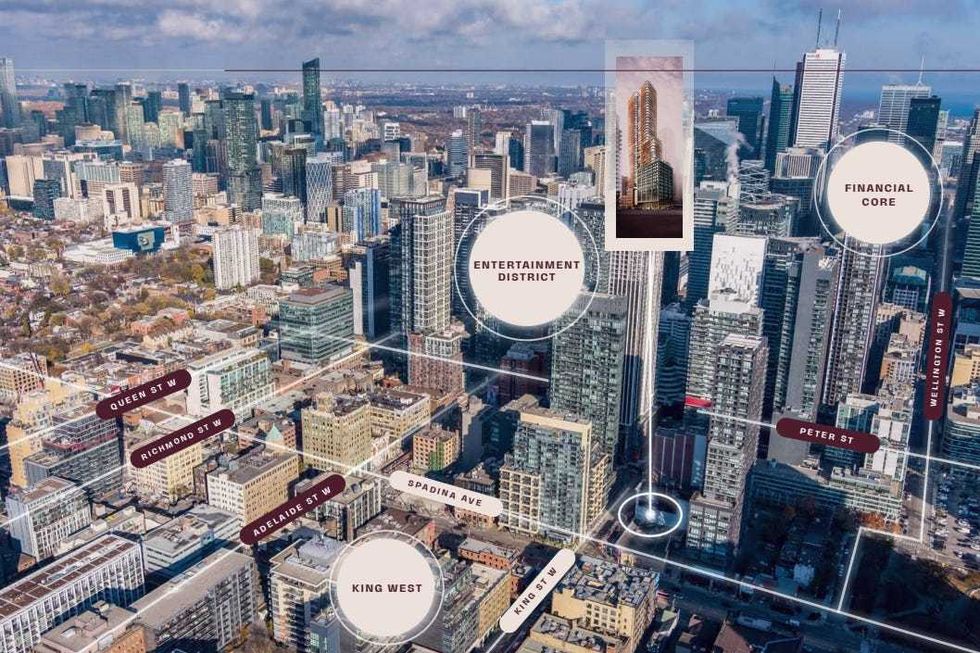 401-415 King Street West. (JLL)
401-415 King Street West. (JLL)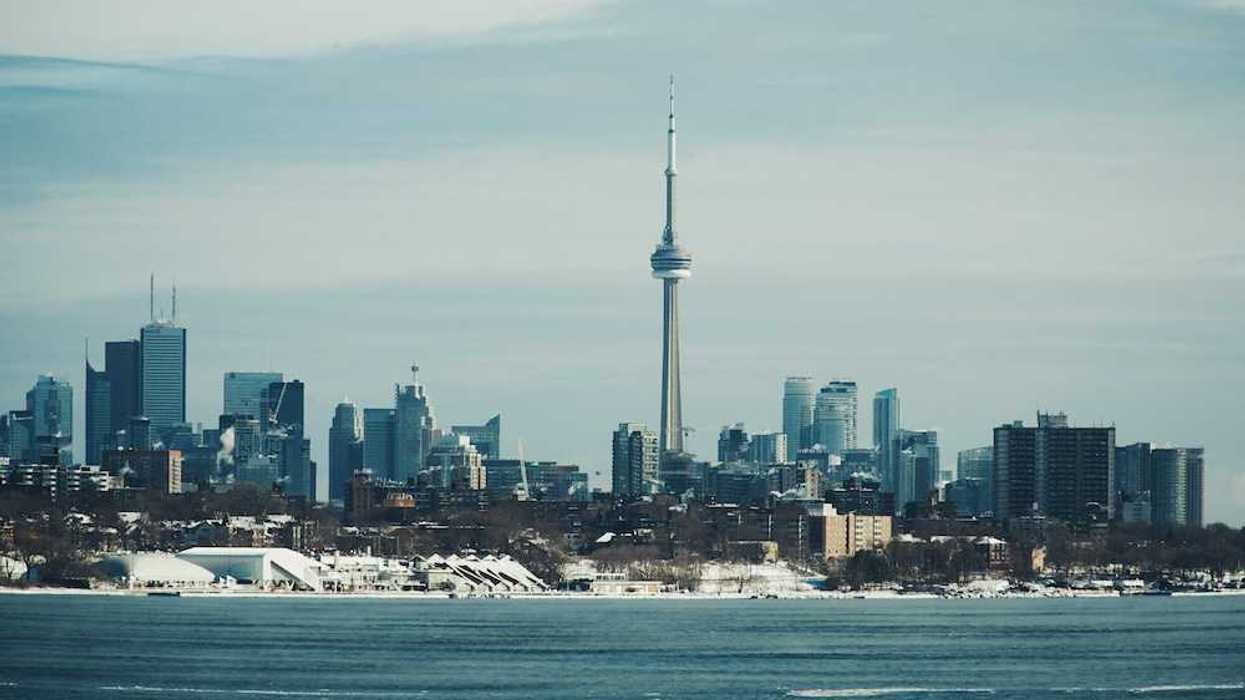

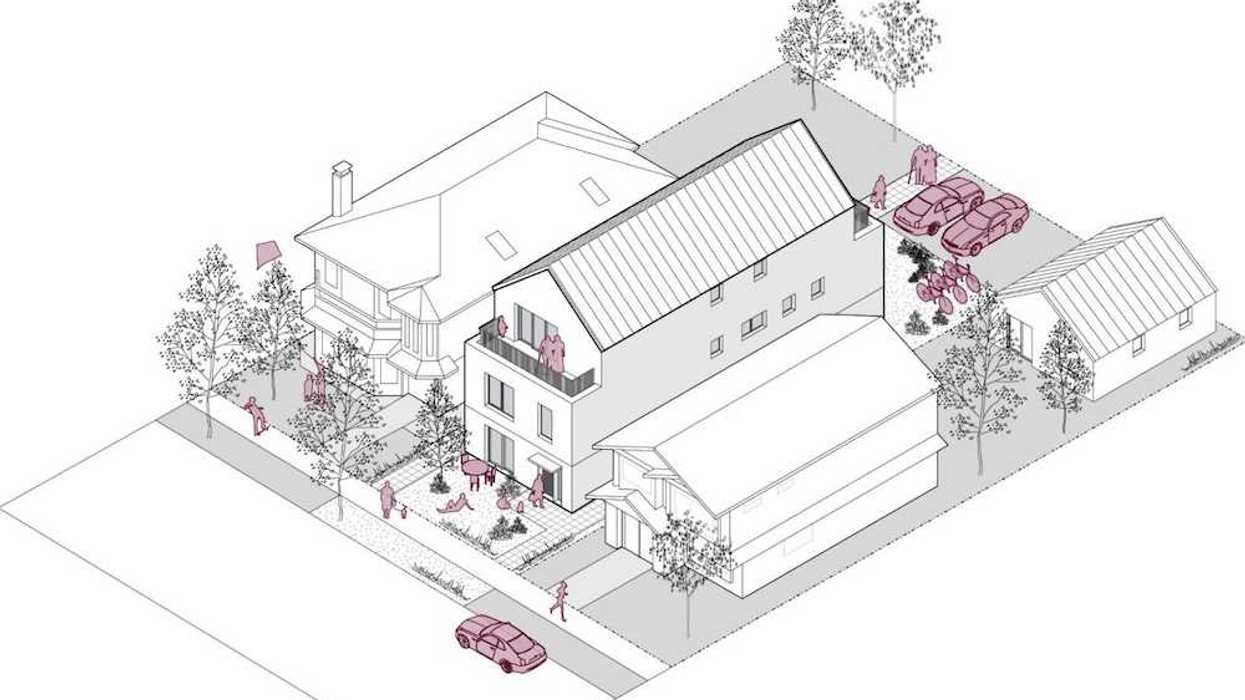


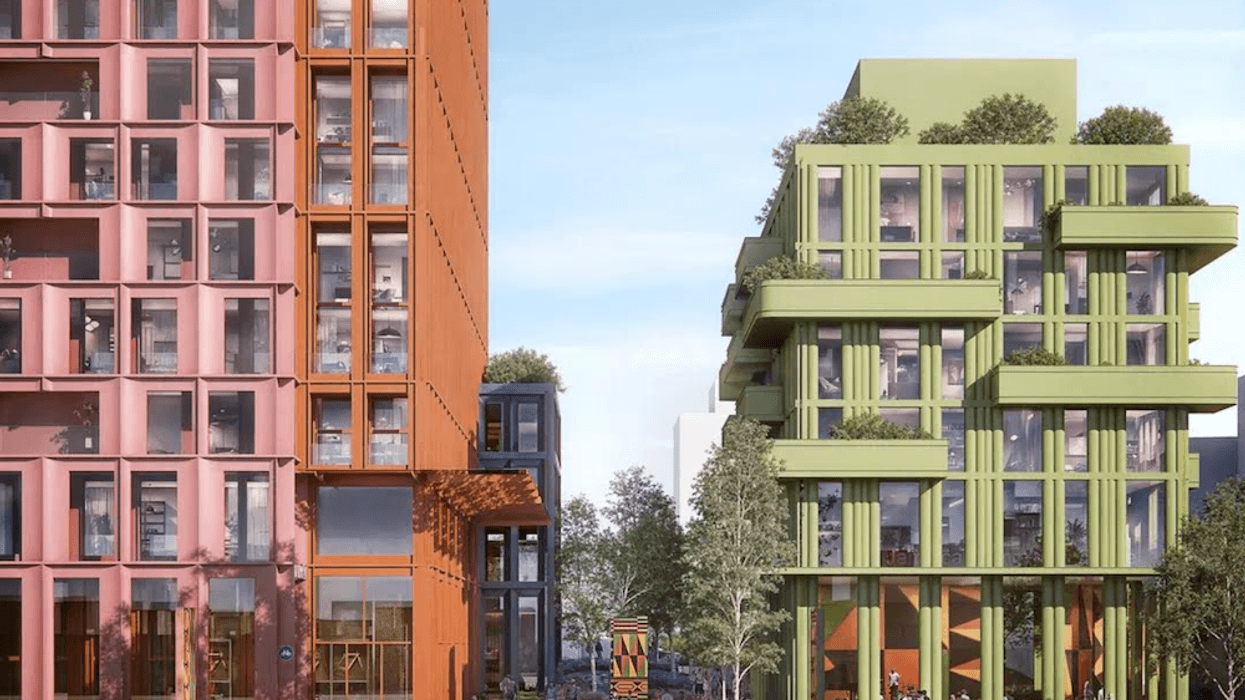

 Eric Lombardi at an event for Build Toronto, which is the first municipal project of Build Canada. Lombardi became chair of Build Toronto in September 2025.
Eric Lombardi at an event for Build Toronto, which is the first municipal project of Build Canada. Lombardi became chair of Build Toronto in September 2025.

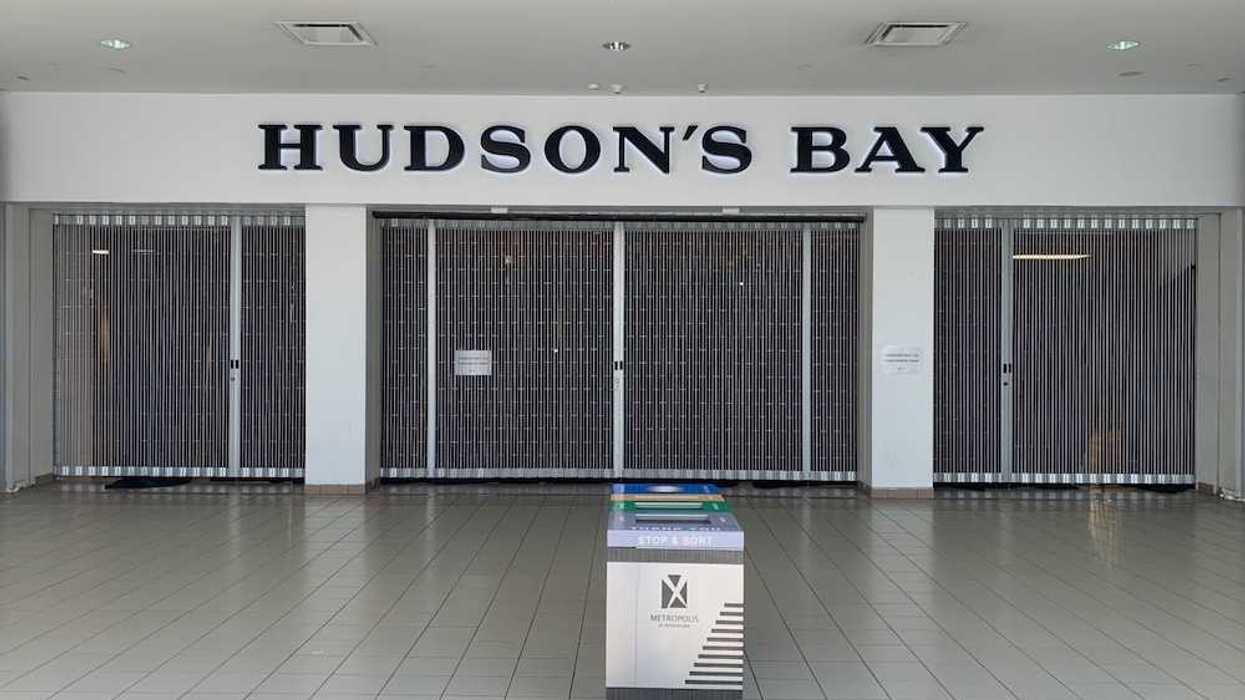
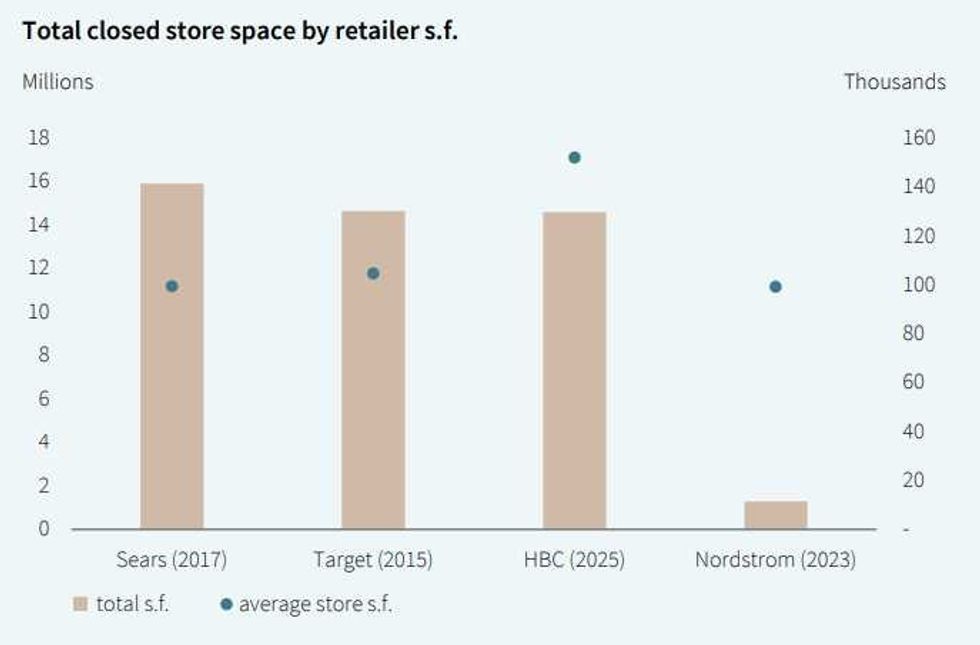 Hudson’s Bay vacated about as much space as Target did in 2015. (JLL)
Hudson’s Bay vacated about as much space as Target did in 2015. (JLL)